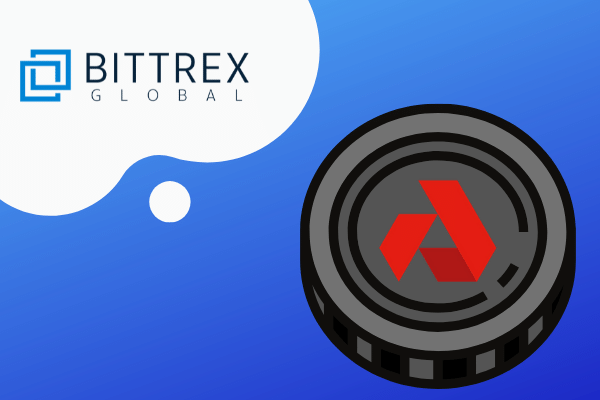
- Amidst a worsening economic situation in China, Premier Li Keqiang remains stoic, declaring that Beijing has rolled out “more forceful” economic policies this year, than it did in the wake of the Covid-19 pandemic.
- Last week, Beijing announced a 19-point stimulus plan to shore up its moribund econom in the hopes that government spending can pick up the slack as Chinese sour on real estate.
Politicians can’t always talk up the market, but they’ll certainly try.
Which is why amidst a worsening economic situation in China, Premier Li Keqiang remains stoic, declaring that Beijing has rolled out “more forceful” economic policies this year, than it did in the wake of the Covid-19 pandemic.
But even Li wasn’t delusional about the scale of the problems facing the world’s second largest economy.
Speaking during a meeting of China’s powerful State Council on Monday, Li warned that the country faced an arduous task in stoking a recovery, while still crediting the Communist Party’s stimulus response for this year as being “reasonable” and “appropriate,” according to state broadcaster CCTV and Xinhua News Agency.
Li made no mention about China’s unrealistic 5.5% GDP growth target, with most economists expecting the economy to grow between 3.3% and 3.9% this year, amidst a real estate crisis and zero-Covid lockdowns.
Last week, Beijing announced a 19-point stimulus plan to shore up its moribund economy, which included some US$145 billion worth of new funding for infrastructure development, in the hopes that government spending can pick up the slack as Chinese sour on real estate.
The real estate sector is a cornerstone of the Chinese economy, contributing to around 29% of GDP and responsible for about 70% of the economy through its effect on a variety of ancillary industries, from marketing and sales to construction materials and equipment.
Despite the economically debilitating and disruptive impact of a Covid lockdowns, whole districts and sometimes entire cities are being shut down in response to fresh outbreaks, hampering consumer and business confidence.
This past week, areas around Beijing and the southern tech hub of Shenzhen were locked down and a brutal heatwave is complicating any economic rebound.
Chinese manufacturing activity is likely to show a contraction in August, the second straight month and will mean that investors snapping up Chinese bonds or equities at pennies on the dollar may have more pain in store for them before things take a turn for the better.



